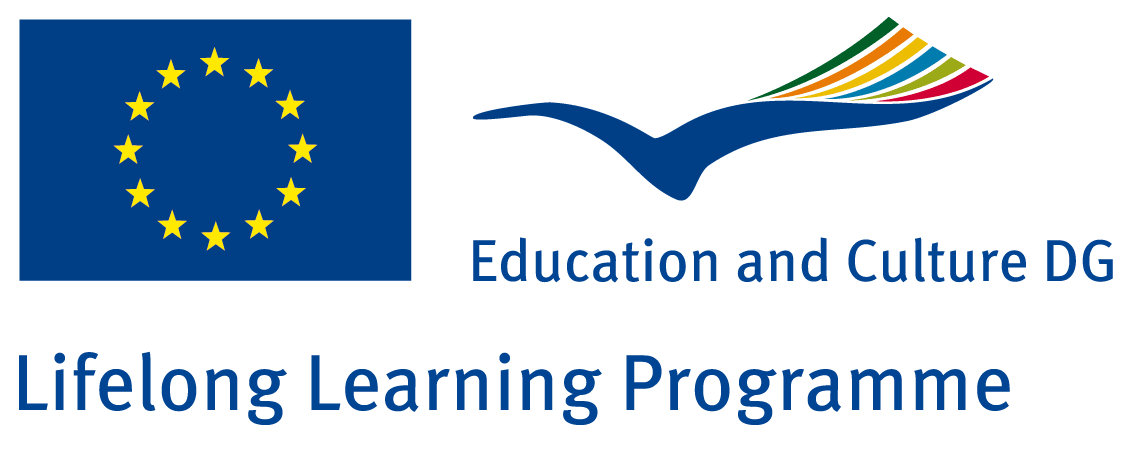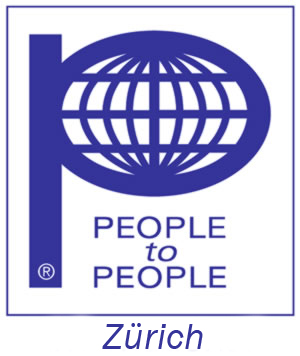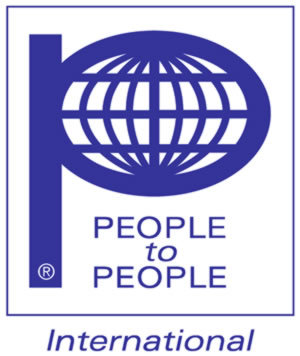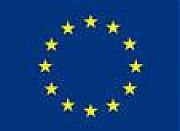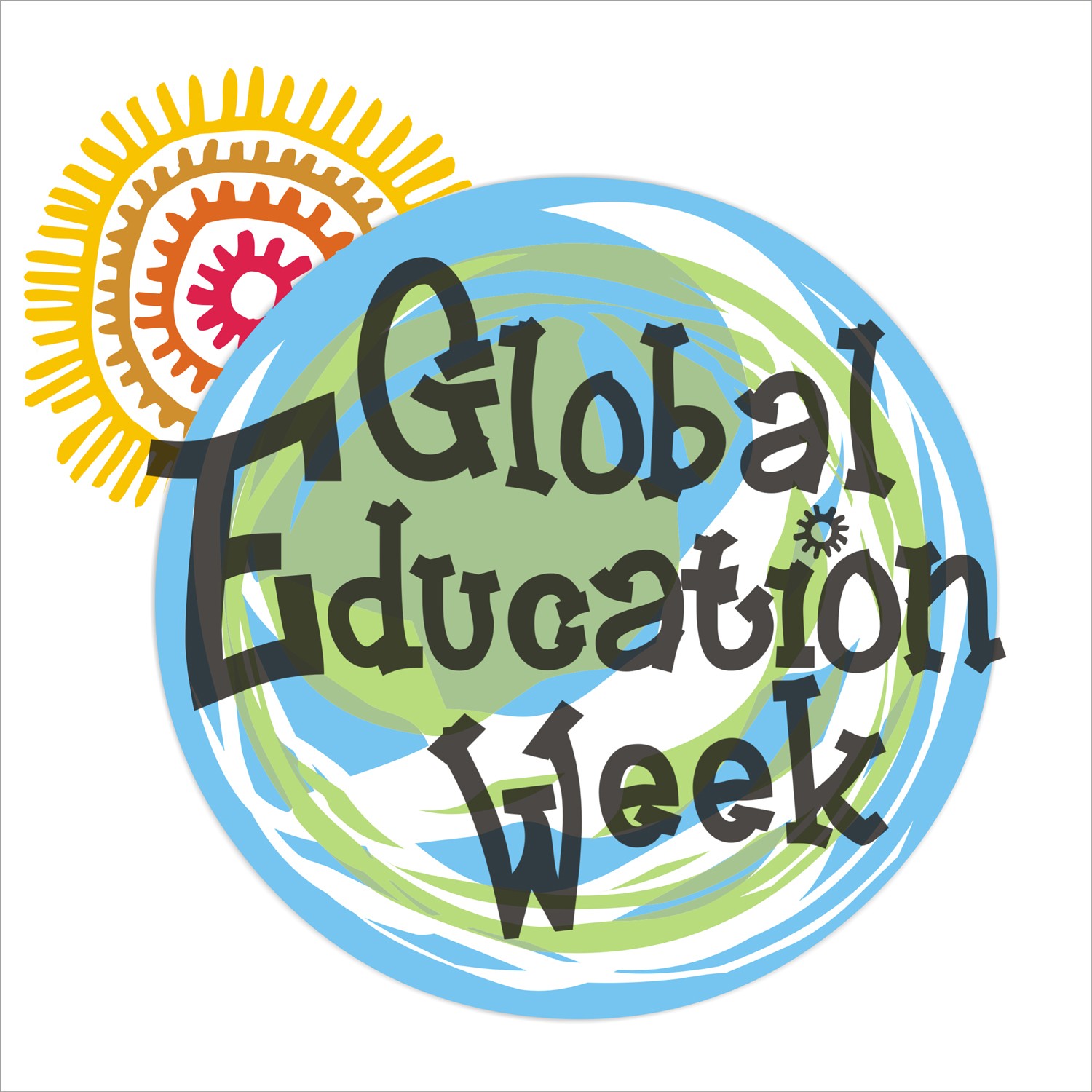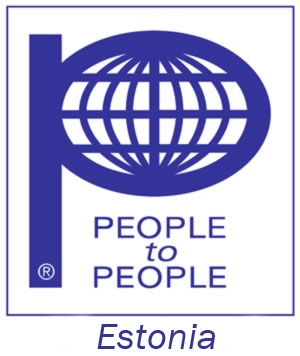"Enhancing policy coherence: making development work better"
DCI-NSA ED/2008/154-226, co-financed by the European Commission.
"Enhancing policy coherence: making development work better"
Objective for this EuropeAid project (2008-2010) was contributing to poverty reduction by enhancing Policy Coherence for Development through awareness raising among different stakeholders.
The action aimed to educate public, decision-makers and civil servants, students and non-governmental development organizations (NGDOs) in at least four EU countries on a range of developed countries' policies with serious impact on developing countries. Activities of this project contributed to sensitizing these groups about the difficulties some EU and member states' policies can bring to people in developing countries, especially in Sub-Saharan Africa, to changing of their attitudes and to mobilization of public support for greater fairness and coherence of these policies with actions against poverty.
Most importantly, the action generated concrete and specific recommendations for the Czech Republic, Estonia, the Netherlands and Portugal as well as on EU level on how to advance contribution of decision makers, civil servants, NGDOs, student associations, public and indirectly media for enhanced PCD, namely through fostering political will, improving particular strategies and approaches to relevant public policies, innovating institutional, consultation and coordination mechanisms, building analytical and watchdog capacities and maintaining an ongoing public and political debate.
The project lead to a more intense and targeted cooperation among the EU civil society organizations, with national and local NGDOs, and their cooperation with partners from developing countries. It was an important objective of the project to provide from the very onset the voices from the South a larger space to influence EU development policy through planning, implementing and evaluation the action.
Partners:
Instituto Marquês de Valle Flôr - Portugal;
Evert Vermeer Foundation - the Netherlands;
Prague Global Policy Institute - Czech Republic;
Eesti People to People - Estonia;
Cape Verdian Platform of NGOs - Cape Verde.
Target groups
The project "Enhancing policy coherence: making development work better" focused on: 1) Decision-makers and civil servants; 2) NGDOs: 3) University students; 4) General public, in the European partners' countries.
1. The target group of decision-makers and civil servants consists of (1) Members of the national governments, Members of national Parliaments (MPs) in the European partner countries; (2) Members of the European Parliament, especially those originating from the participating countries; (3) Members of the EC (4) officials of the political parties, especially in the European partner countries; (5) civil servants from various ministries and from government's and cabinet offices of the European partner countries and from the EC.
2. The target group of NGDOs is composed of NGDOs from Czech Republic, Estonia, the Netherlands and Portugal. In particular it will focus in the Netherlands on NGDOs which are already engaged in policy work and will, in Portugal and the 2 NMS, where the capacities of NGDOS are more limited, it will be centred upon the NGDOs with potential to develop more consistently policy work.
3. The target group of University students consists of student's organizations and committees and of individual students. Students from all Faculties will take part in the action.
4. The general public is composed of male and female individuals, from all social categories, aged from 16 to 65 years from Czech Republic, Estonia, the Netherlands and Portugal. More particularly, the action will target people from Lisboa, Porto, Coimbra, Tallinn, Narva, Prague, Brno, Olomouc, The Hague, Amsterdam and Maastricht.
Concrete outputs
• 3 impact studies published (hard copy) of 15000 words each. Each of the impact study will be available in one of the European partners' national language. For each impact study, and executive summary is also produced in English. 500 copies in Czech, 500 in Dutch, 500 in Portuguese
• 12 case studies published (PDF version) of 2000 words each in all 4 European partners' national languages and in English. 400 people are reached by each case study, 4800 people overall;
• 1 "Fair politics manual" published (PDF version and hard copy) of 28.000 words. 500 hard copies in English;
• 1 Joint Study on PCD Tools (PDF version) of 10.000 words available in all 4 European partners' national languages and in English. 200 people are reached by the joined study;
• 1 documentary film produced; subtitles will be available in 4 languages and in English. 2.000 documentary film copies distributed. 21.600 documentary film viewers expected;
• 24 national PCD Newsletters (PDF version) of 2500 words each published, 6 editions available in Czech, 6 in Portuguese, 6 in Estonian, 6 in Dutch, 400 people are reached by each newsletter, 9600 overall;
• 1 Coherence Homepage and 4 national coherence sections on European partners websites, with up-to-date information and monitoring outputs, created; 60.000 visitors estimated;
• 6 NGDOs workshops of 2 days-long on PCD organized (2 in the Czech Republic, 2 in Portugal and 2 in Estonia). 120 participants have attended the workshops;
• 8 decision-makers workshops of 1 day-long organized (2 in the Czech Republic, 2 in Estonia, 2 in Portugal and 2 in the Netherlands). 160 participants have attended the workshops;
• At least 8 NGDOs coordination meetings organized, enhancing network of local NGDOs interested in PCD, 80 participants have attended the meetings;
• At least 8 advocacy meetings organized;
• Reports of all workshops and other meetings published;
• Good practices Awards promoted and at least 8 award-happenings implemented;
• 12 opinion articles published in national newspapers. 500.000 readers expected;
• Information and advocacy materials produced and available in 4 partners countries;
• 4 "Voice from the South"-awareness and advocacy campaigns and tour implemented in the third year of the project, reaching 150.000 people;
o 4 press conferences organised, 50 journalists have participated
o 8 expert meetings will have taken place. 120 experts have participated
o 12 debates with university students implemented; 400 university students will have attended the debates;
o 1 public event promoted in Brussels, 80 people have participated;
• 3 partner meetings implemented
• 3 internal evaluation reports produced and made available;
• 1 external evaluation implemented
• 1 external evaluation report produced and made available.
Activities
ACTIVITY 1 - BRINGING EVIDENCE THROUGH RESEARCH AND MONITORING
The project partners worked through small case studies and larger impact studies on concrete examples of incoherent national and European policies on selected issues such as agriculture, migration, environment, fisheries, etc. In addition to documenting development problems caused by incoherence of certain EU policies, research and drafting of studies will help to foster capacities of involved NGOs. Both all the case studies and the impact studies were synthesised in two joint project publications (one on policy content and one focusing on policy-making processes).
ACTIVITY 2 -BUILDING CAPACITIES AND ENGAGING STAKEHOLDERS
In Czech Republic, Estonia and Portugal 2 Seminars of 2 days each were organised to give an insight on PCD related issues on one hand and on methodologies, techniques on how to advocate/lobby/campaign for more coherent policies on the other hand. It will be aimed at stressing the role that NGDOs can play; finding PCD links into their current work and strengthening their actions on better development by highlighting the policy dimension. Efforts were to discuss concretely what can be a future common engagement on awareness and advocacy activities on PCD. The case studies were largely used in order to feed the PCD insights part of the workshop and elaborate on them in the second part.
ACTIVITY 3 - ACTING TOGETHER: PUBLIC AWARENESS, EDUCATION AND ADVOCACY
What does PCD mean? And what is the role of civil societies, decision makers, other policy-makers and civil servants in this process? As citizens, we can't engage in an European development agenda unless having a clear view of what are the difficulties of poor people in developing countries, on what the EU does and should do. Opinion articles and advocacy materials in particular constitute the core of the solution to overcome this constraint. Testimony and dialogue are also essential components of this awareness and educational process. Therefore, a campaign and a tour around Europe composed of expert meetings, student debates, press conferences and public events are foreseen in order to draw attention to the issue of PCD amongst the general public and the target group of university students and create further pressure on policy-makers. Other activities were occur all along the project such as good practices-awards.
ACTIVITY 4 - PROJECT COORDINATION, MONITORING AND EVALUATION
Three physical meetings, gathering all partners took place: start-up meeting, a coordination and evaluation meeting at the beginning of the third year and a final evaluation meeting at the end of the project. These meetings were in Prague and Lisbon. Besides, quarterly conference calls were made, to ensure the ongoing monitoring of the activities and coordinate the following ones.
__________________________________________________________________
This project was implemented with the assistance of the European Commission. The contents of this website are the sole responsibility of Eesti People to People and can in no way be taken to reflect the views of the European Commission.
